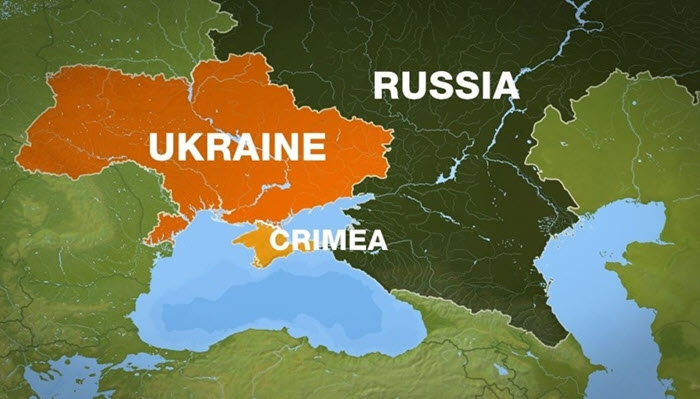
Há exatos 7 anos (16/03/2014) era organizado um referendo para a anexação/junção da Criméia à Rússia, deixando de ser um território ucraniano. Na época, o resultado foi de 97% a favor dessa mudança. A comunidade internacional condenou o referendo, dizendo que tinha sido fraudado e realizado sob ameaças. O resultado alto também se deve a um boicote daqueles que eram contrários à junção. Todos esses anos se passaram e pouco se fala da região atualmente. Qual o papel que a comunidade internacional deve desempenhar a partir de agora?
Algumas organizações de direitos humanos têm acusado o governo russo de repressão local, com a perseguição de dissidentes – especialmente os muçulmanos da etnia Tatar, alguns considerados terroristas. Ao mesmo tempo, pesquisas internas têm mostrado que a população local está satisfeita em estar sob o controle russo.
A Rússia tem investido pesadamente na região – estima-se algo em torno de 20 bilhões de dólares, buscando integra-la ao restante do país. A infraestrutura (água, eletricidade, gás e sistema de transporte) tem ganho um importante destaque. Ao mesmo tempo, estima-se que aproximadamente 250 mil russos se mudaram para a Criméia, ajudando a região a se transformar no lugar de mais rápido crescimento em toda a Rússia.
O resultado destes investimentos tem favorecido uma intensificação da identificação dos residentes com a Rússia. Pesquisas indicam um aumento do apoio dos locais na manutenção do pertencimento da região à Rússia (https://www.forbes.com/sites/kenrapoza/2015/03/20/one-year-after-russia-annexed-crimea-locals-prefer-moscow-to-kiev/?sh=39d18c2510db, https://www.rferl.org/a/poll-majority-of-russians-support-crimea-annexation-but-worry-about-economic-effects/29859570.html).
Mas nem tudo é um mar de rosas. Um dos maiores medos dos moradores é o impacto que a continuidade das sanções econômicas pode ter sobre a região. Ainda que a população local esteja se acostumando com a situação, passados todos esses anos, a ameaça continua. Os baixos salários e altas taxas de desemprego ainda são uma realidade preocupante na região. Também há uma preocupação com os baixos investimentos em educação e saúde, o que impacta na qualidade de vida dos habitantes locais.
Em termos gerais, o que se percebe atualmente na região é uma melhora na aceitação geral sobre seu pertencimento à Rússia, ao mesmo tempo e que há dificuldades econômicas, além de restrições para dissidentes. Existe espaço para melhoras significativas na região, tanto em termos econômicos, quanto políticos e de direitos humanos.
Entretanto, ao olharmos essa questão a partir da comunidade internacional, fica claro que não dá para continuarmos com a discussão sobre se foi anexação forçada ou junção espontânea. Já se passaram muitos anos e a realidade está consolidada: a Criméia faz parte da Rússia. Gostando ou não, concordando ou não com a forma como isso ocorreu, a realidade hoje se impõe. Cabe à comunidade internacional, neste momento, voltar a discutir a continuidade das sanções econômicas impostas.
Aqui volto a defender o que já apontei em outros momentos: as sanções econômicas são mais impactantes sobre populações do que sobre governos (A ineficácia das sanções internacionais). Nada indica que haverá uma mudança na atual situação da Criméia, as pesquisas indicam que a população local apresenta, ainda que com limitações, uma boa aceitação da condição que tem hoje, então qual é o objetivo da continuidade das sanções?
Para conhecer mais sobre a Crimeia, sugerimos a leitura do livro
Pós-Doutor em Competitividade Territorial e Indústrias Criativas, pelo Dinâmia – Centro de Estudos da Mudança Socioeconómica, do Instituto Superior de Ciencias do Trabalho e da Empresa (ISCTE, Lisboa, Portugal). Doutor em Relações Internacionais pela Universidade de Brasília (2007). É Diretor Executivo do Mapa Mundi. ORCID https://orcid.org/0000-0003-1484-395X
